Most of us have probably experienced separation anxiety at least once in our lives. Children, teens, and adults can be impacted by separation anxiety and all the weight that it carries. Separation anxiety unfortunately affects more than just the individual. For example, parents or guardians can be impacted by their child’s separation anxiety. Before we go on, it’s important to understand separation anxiety in order to take the proper steps to overcome it.
What is separation anxi ety and when does it occur?
ety and when does it occur?
Separation anxiety is when a child, teen, or adult becomes very anxious after being separated from an individual. Separation anxiety is normal during the developing stages of an infant and toddler. Between four to seven months, babies are able to recognize the people and things around them. Furthermore, it’s important to note that during this stage babies don’t have a sense of time so when any of these parental figures are absent they don’t know how long they are going to be separated. This is when the child becomes worried and stressed. For adults, the feeling of anxiety is similar however the attachment to an individual can be a spouse, friend, or parent.
- Recurrent and extreme distress about anticipating or being away from a place or significant other.
- Constant, overwhelming amount of worry about losing a parent or other loved one to certain circumstances like illness.
- Frequent complaints of headaches, stomachaches, or other symptoms when separation from a parent or other loved one is anticipated.
- Nightmares relating to separation.
- Continuous worry that something bad will happen
- Refusing to be away from home because of fear of separation
- Not wanting to be home alone without an individual or loved one in the house.
Separation anxiety may be associated with other mental illnesses such as panic attacks or panic disorders. The cause of separation disorder can be triggered by high levels of stress as a result of being separated from a loved one. As mentioned, separation anxiety often begins in childhood, but can be carried out to teenage years and in some cases adulthood.
What options are available for treatment?
Fortunately, a separation anxiety disorder can be treated with therapy, and in some instances medication. One form of therapy that may be beneficial would be cognitive behavioral therapy (CBT). During therapy you will be able to learn how to face and manage the fears that come with separation and uncertainty. This type of therapy can be suggested to children, teens, and adults.
While professional treatment is an option, there are some steps parents can take at home to help ease the anxiety that comes with separation.
Some examples are as follows:
- Learn more about separation anxiety, that way you help your child understand it.
- Be consistent with the treatment plan provided by professionals.
- Learn the patterns and triggers tied to your child’s separation anxiety.
- Demonstrate support, while also encouraging them to try new things on their own.
- Practice leaving your child with someone you trust for short periods of time. Building the trust that you will return.
Separation anxiety disorder is different from the normal stages of development. This condition is tied to a more serious emotional issue characterized by extreme distress when the individual is separate from the primary caregiver or significant other. Furthermore, a change in environment, stress, and overprotective parents can also be leading causes. The difference between the two lies in the intensity of the fear experienced. Similarly, both of these forms of anxiety can be treated and managed.
If you think you or someone you love is suffering from separation anxiety disorder, we can help. Visit our website www.ampmentalhealth.com , we provide mental health care services throughout the state of Florida and we also accept more than 15 insurances.





